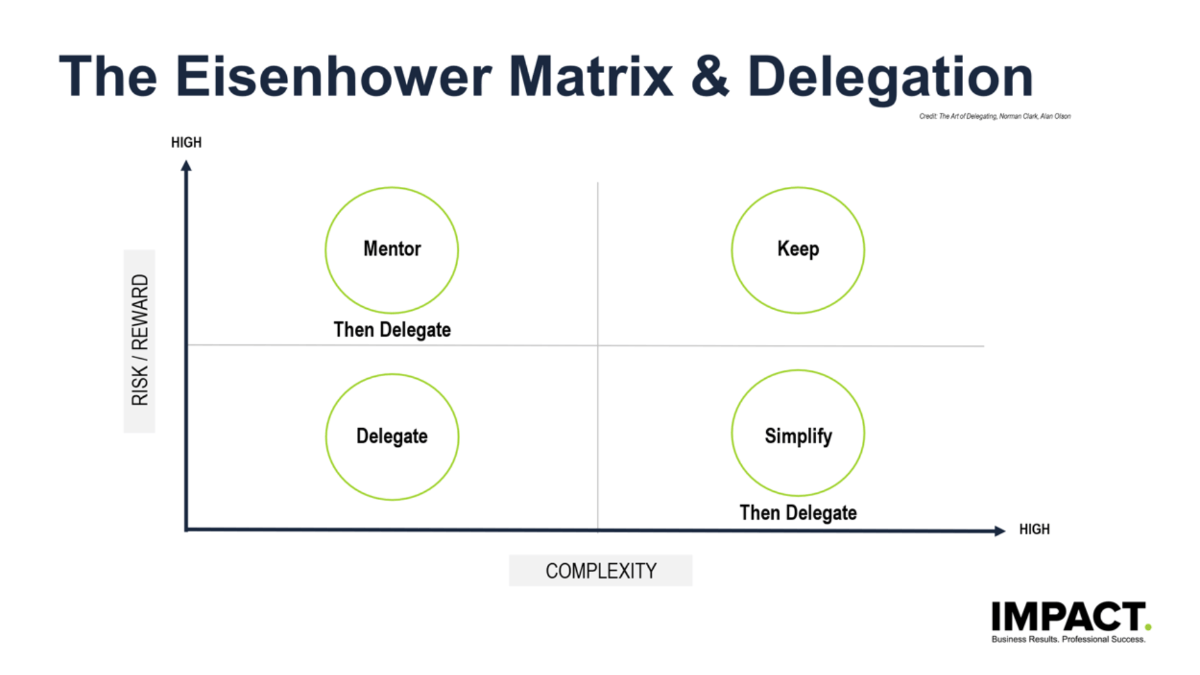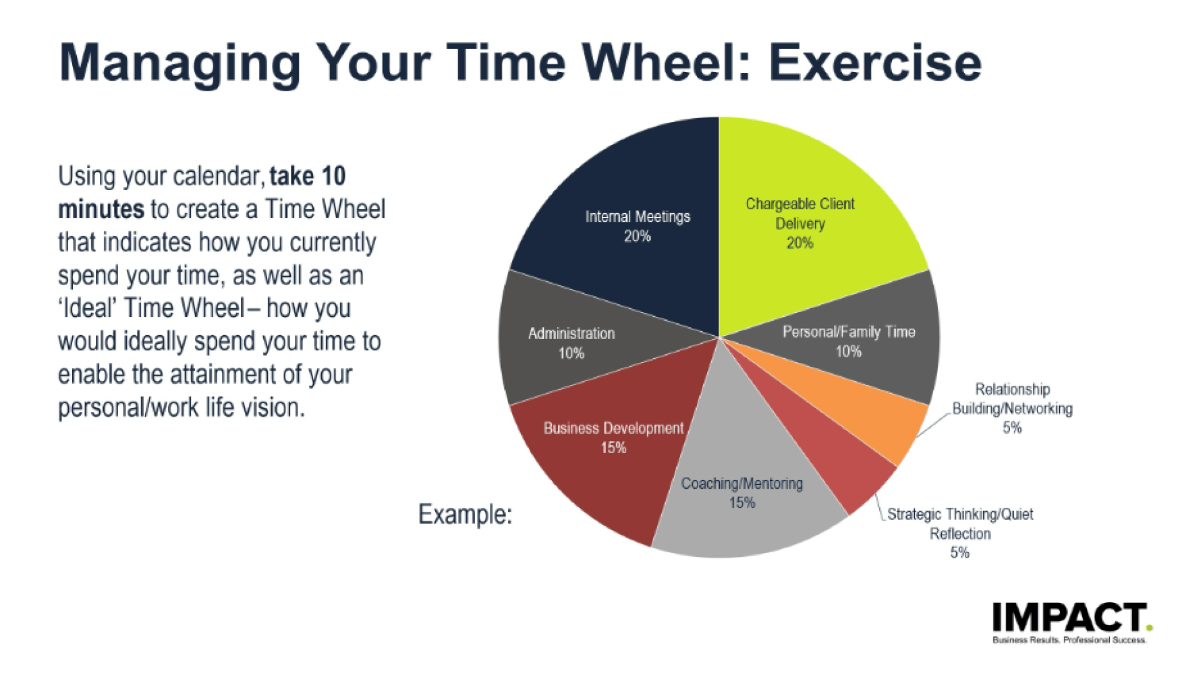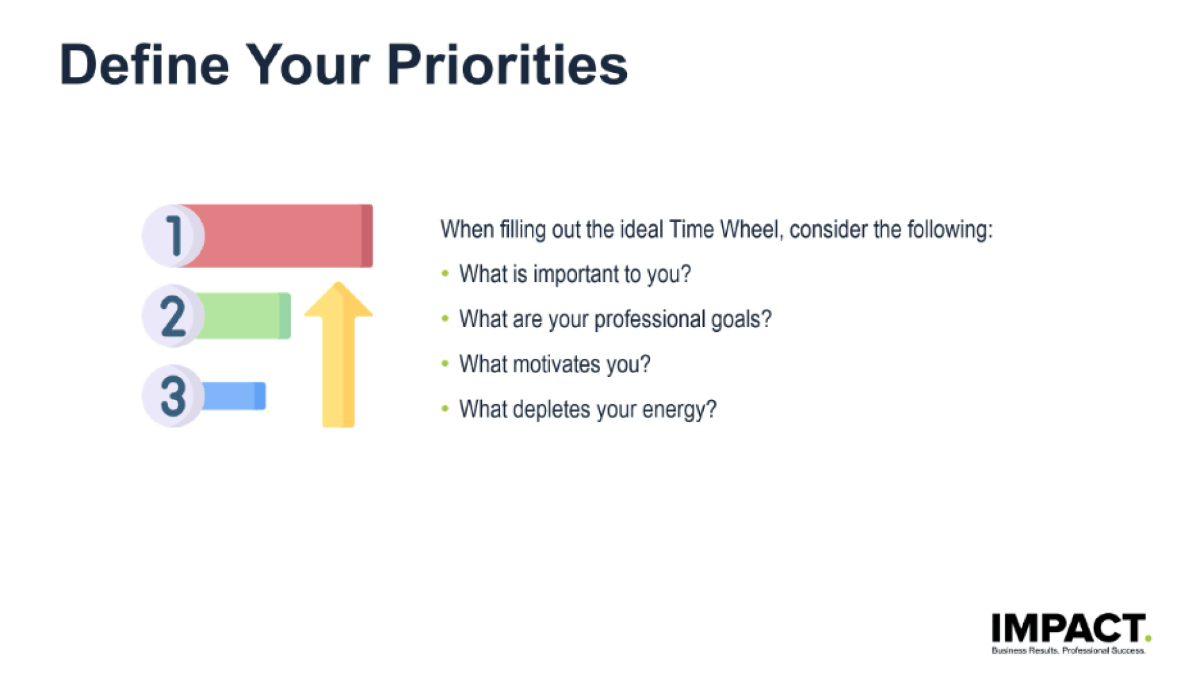Six steps to conquering burnout

How strong time management and a leadership mindset can help you feel more productive, accomplished, and in control
By Antoine Laganiere
Managing our time well is something we all struggle with. And there are lots of tools out there that can help. But for some, using time management techniques and tools like “single-tasking” or “time blocking” aren’t the hardest elements to shift. It’s the beliefs and preconceived notions around using the tools that are most challenging.
For example, you may have a limiting belief that adopting a technique such as time blocking can feel selfish. Like you’re not working within the organization’s culture or you’re not a team player.
Set boundaries and communicate them clearly
It can be tough to go against the current, but when you have the courage to communicate effectively and respectfully, you can move away from a reactive mindset and toward a proactive, leadership mindset. Managing your time well means combining techniques and tips with a leadership mindset and strong communication, which leads to fewer mistakes and greater presence – and makes you feel more productive and accomplished.
When making this shift, it’s important to find the middle ground between what the norm is at your organization and how you want to manage your time by setting boundaries and communicating them clearly.
And if you’re concerned about being judged as selfish, try reframing it as being a good leader. Because at the end of the day, you’re implementing these changes for the benefit of the team and the organization for the future.
Experiment with these time management strategies
With this in mind, here are a few time management strategies to experiment with. You can start by choosing just one and find specific opportunities to test it to see if it works for you, before moving onto the next.
1. Enhance communication
Many of our time challenges arise because we could be more intentional with communicating in the moment. Being deliberate when thinking about and speaking to the people around us can reduce the confusion and misunderstandings that can lead to wasted time and energy. For example:
Downwards management/Delegation
- Be clear on what needs to be delegated and how. You can use the Eisenhower Matrix below to help decide which tasks to keep and which to entrust to other members of your team.

- When delegating, be specific about the importance of each task including how and when you want it completed. Also, ask if the person understands – and look out for hesitation and clarify if this is the case (i.e., does the person truly understand the ask or are they only saying they do so as not to appear foolish?).
Upwards management
- Take the time to ask the person giving you the task when, why, how and what is a priority.
- Do it clearly and respectfully.
- If your first impulse is to react negatively to the request, see if you can find the space to be more present, clarify the ask, and express your needs and concerns before ending the conversation.
2. Plan Properly
When you receive a new mandate or task, take the time to plan roles, responsibilities and timelines carefully before starting.
Communicate well with your team first.
Have clear priorities for your role.
3. Work transparently
Find ways to share what you and your teams are doing. This makes it possible to better manage capacities and priorities, and offer help at the right times – something that can be difficult in the virtual world.
4. Budget time to navigate unexpected and unavoidable demands
What percentage of time do you allocate to unexpected things? When you know unforeseen demands might arise, proactively set aside time for them in your calendar. This ensures they get addressed and don’t take away time allocated to other tasks.

5. Prioritize energy recovery
Be clear about the amount of sleep, exercise, social and alone time you need to be productive and more present. Take your current work and personal life circumstances into account (e.g., age, family situation, role, career aspirations, etc.). We can’t do everything, which often means only the high-priority things get done. Consider scheduling your energy recovery activities to ensure you provide yourself regular time and space for them.
6. Checklists and Calendar blocks
Make sure to block time for specific tasks and try to batch them in a way that makes it easier to accomplish them. For example, try doing all the 2-3 minute tasks in the same time block. Consider creating office hours to answer questions from staff or others instead of doing it haphazardly. Ask people to come prepared and ready during a specific time, allowing you to be more present with them and give better answers.

Prioritize your checklist tasks, and then make it a point to insert the task in your calendar. You’ll give yourself a better chance to complete it in a timely and uninterrupted way and feel the accomplishment that comes from that at the end of the day (rather than just crossing things off).




